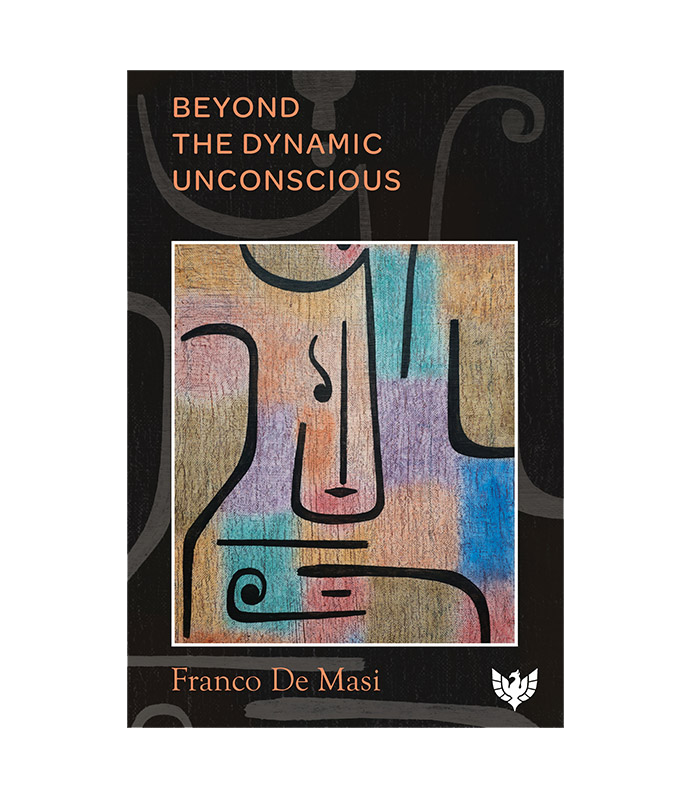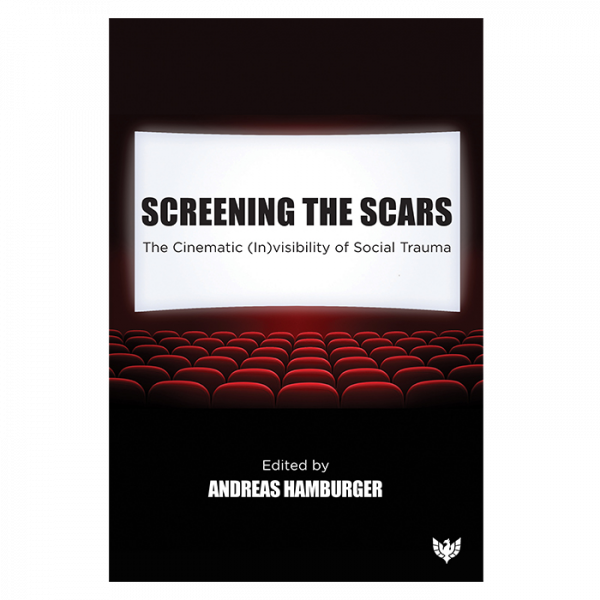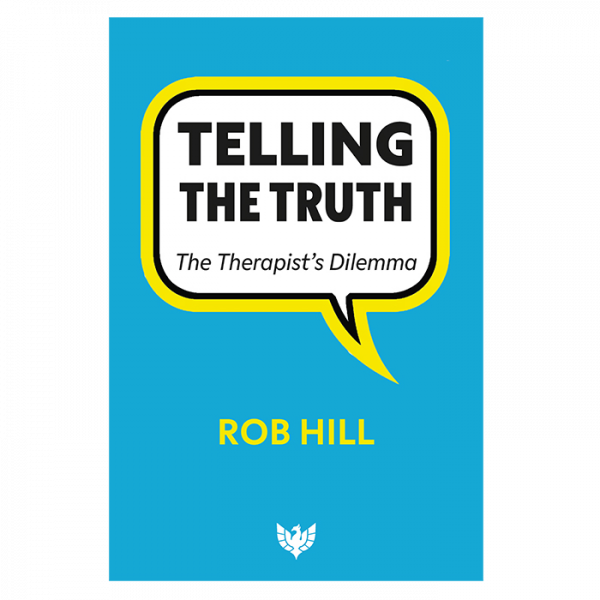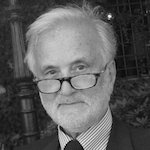From the beginning of psychoanalysis, there have been those considered suited to psychoanalytic therapy and those not. Those ‘suited’ could dream and associate as well as understand and accept the analyst’s symbolic interpretations. Those ‘unsuited’ were either unreceptive to treatment or were psychotic and it was feared that analysis could worsen an already fragile situation.
Throughout his decades of clinical experience, Franco De Masi expanded his work to treat patients considered difficult to analyse. By doing so, he went beyond the territory of the dynamic unconscious into territory where psychic processes outside awareness reside. This inspiring book outlines his journey in two parts. Part I looks at certain aspects of traditional therapeutic work for ‘analysable’ patients. De Masi discusses the relationship between psychoanalytic theories and models; how the analytic perspective of childhood life has changed over the past few decades; the concept of psychic truth; the duration of therapy; analytic therapy in old age; and the concept of the superego. Part II looks beyond the dynamic unconscious and highlights the existence of mental states inaccessible to traditional psychoanalytic methods. Here, De Masi investigates the psychotic mind and unknown spaces.
Building on the revolutionary roots of psychoanalysis, De Masi broadens psychoanalytic practice to include psychic suffering hitherto considered unreachable. Case studies throughout the book illustrate the psychoanalytic theory, making it the ideal read for practising clinicians looking to expand their practice and academics interested in the efficacy of psychoanalysis.




 Franco De Masi, psychiatrist and psychoanalyst, is a full member of the Italian Psychoanalytic Society and a training analyst at the National Training Institute of the same society. Among his publications are Karl Abraham: At the Roots of Analytic Theory (2018), Vulnerability to Psychosis: A Psychoanalytic Study of the Nature and Therapy of the Psychotic State (2009), and Herbert Rosenfeld at Work: The Italian Seminars (2001), which he edited. Other publications include The Sadomasochistic Perversion: The Entity and the Theories (2003), Making Death Thinkable (2006), which was awarded the Gradiva prize for the best Italian book of psychoanalysis in 2003, and Working with Difficult Patients (2015). His latest books include Lessons in Psychoanalysis: Psychopathology and Clinical Psychoanalysis for Trainee Analysts (2023), and A Psychoanalytic Approach to Treating Psychosis: Genesis, Psychopathology and Case Study (2020).
Franco De Masi, psychiatrist and psychoanalyst, is a full member of the Italian Psychoanalytic Society and a training analyst at the National Training Institute of the same society. Among his publications are Karl Abraham: At the Roots of Analytic Theory (2018), Vulnerability to Psychosis: A Psychoanalytic Study of the Nature and Therapy of the Psychotic State (2009), and Herbert Rosenfeld at Work: The Italian Seminars (2001), which he edited. Other publications include The Sadomasochistic Perversion: The Entity and the Theories (2003), Making Death Thinkable (2006), which was awarded the Gradiva prize for the best Italian book of psychoanalysis in 2003, and Working with Difficult Patients (2015). His latest books include Lessons in Psychoanalysis: Psychopathology and Clinical Psychoanalysis for Trainee Analysts (2023), and A Psychoanalytic Approach to Treating Psychosis: Genesis, Psychopathology and Case Study (2020).
Reviews
There are no reviews yet.